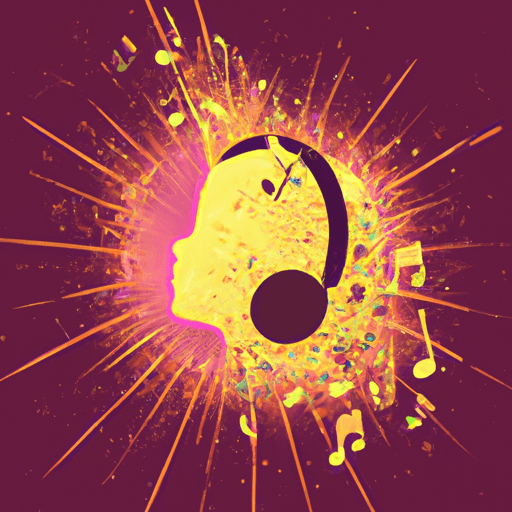How Music and Entertainment Can Impact Mental Health
Mental health is an important topic in today’s society, and music and entertainment have been recognized as having both positive and negative effects on mental health. While these effects can be complex and varied, it’s important to understand how music and entertainment can be used to improve mental health and well-being. This article will discuss the potential risks associated with certain types of content or activities, the ways that music and entertainment can be used to benefit mental health, and how mental health professionals are utilizing these tools when working with their clients.
Risks of Music and Entertainment
Music and entertainment can have negative effects on mental health in several ways. It has been found that certain types of music, such as heavy metal, can increase feelings of anger, isolation, and depression. Additionally, certain activities such as video gaming can lead to an unhealthy preoccupation with the activity and cause isolation from friends and family. Finally, certain types of media, such as horror movies, can increase feelings of anxiety and fear. It is important to be aware of these potential risks when using music and entertainment.
Benefits of Music and Entertainment
In contrast, music and entertainment also have many positive effects on mental health. Music can be used to relax the mind and body, help manage stress, and even reduce symptoms of depression and anxiety. Additionally, entertainment can be used to distract the mind from negative thoughts or worries, and can be a great way to socialize and connect with others. Research has also found that music therapy can be effective in treating depression, anxiety, post-traumatic stress disorder, and other mental health conditions.
Mental Health Professionals and Music and Entertainment
Mental health professionals are increasingly using music and entertainment as tools when working with their clients. Music therapy is one such therapy that has been found to be effective in treating mental health conditions. Additionally, mental health professionals are utilizing digital media and technology to help their clients manage their mental health. This can include activities such as online counseling, virtual reality therapy, and even apps to help with relaxation and mindfulness.
In conclusion, music and entertainment can have both positive and negative effects on mental health. It is important to be aware of the potential risks associated with certain types of content or activities, as well as the ways that music and entertainment can be used to improve mental health. Mental health professionals are increasingly utilizing these tools to help their clients, and research has shown that music therapy can be an effective treatment for mental health conditions.


















Comments
Leave a Comment